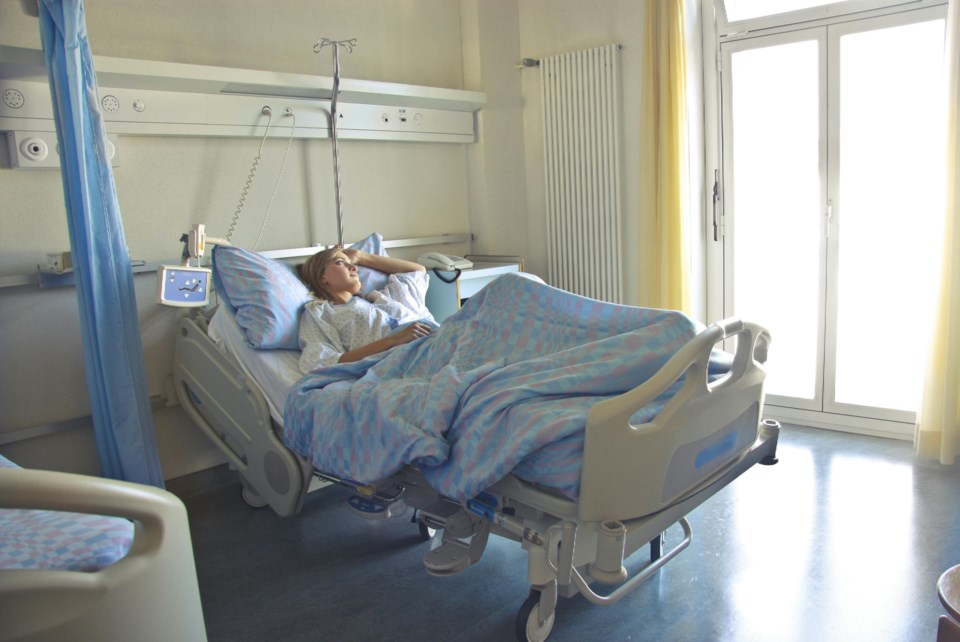Imagine living in a country where you pay some of the highest taxes in the world, yet thousands of people die each year simply waiting for medical care. You don’t need to imagine it. This is Canada in 2024.
A report from SecondStreet.org reveals that at least 17,032 Canadians died in the 2022-23 fiscal year while waiting for surgeries or diagnostic scans. When adjusted for incomplete or missing data from provinces such as Alberta and Quebec, the estimated total rises to 31,397 deaths. These aren’t just numbers. They’re parents, children, and neighbours. They’re people who trusted a system that failed them.
Despite spending $372 billion on health care in 2024 – amounting to $9,054 per person, according to the Canadian Institute for Health Information – Canadians are waiting longer for care than many countries with universal health systems. Where is all this money going, and why isn’t it saving lives?
SecondStreet.org’s report makes it clear: it’s not about a lack of spending. It’s about a lack of accountability, innovation, and reform. Governments are failing to track deaths on waiting lists systematically. They don’t even publicly disclose these tragedies. As Colin Craig, president of SecondStreet.org, put it, “When a restaurant fails a health inspection, the government shares the news publicly. But when over 17,000 Canadians die before getting the care they need, governments don’t proactively disclose anything.”
This kind of negligence wouldn’t be tolerated in any other industry. Imagine if airlines failed to disclose crashes or banks ignored fraudulent activity. Heads would roll. But in health care, the silence is deafening.
The report doesn’t just present statistics – it tells real stories of heartbreak. One Ontario patient needed orthopedic surgery in 2009. After waiting more than 14 years, the patient died without ever receiving the operation. Another patient required a CT scan within 10 days but died 13 years later, still waiting. These stories are emblematic of a system that has abandoned its most vulnerable.
What’s even more infuriating is that Canadians are being forced to suffer and die while other nations with universal health care have figured out how to do better. Countries in Europe, for example, provide faster access to care at lower costs. Why can’t we?
The solutions are not a mystery. SecondStreet.org has laid out a roadmap for change, but it requires political will to implement. Governments must systematically record and publicly report waiting-list deaths. Transparency is the first step toward accountability. Hospitals should be paid based on the number of patients they treat, a model proven to increase efficiency in other countries, rather than receiving annual block grants. Canadians should have access to private health-care services locally, a system adopted in countries like Sweden and Germany while maintaining universal care. Policies should allow patients to seek care abroad and be reimbursed for it, easing pressure on domestic waiting lists. Partnerships with private clinics, like those in Saskatchewan, have reduced wait times and costs and should be expanded nationwide.
This isn’t just a policy issue – it’s a moral one. How can we claim to be a compassionate society while turning a blind eye to the thousands of preventable deaths occurring each year? How can we continue to let governments pour billions into a broken system without demanding better results?
The status quo is killing Canadians. If we don’t act now, we are complicit in this national tragedy. It’s time to move beyond the rhetoric of pride in our health-care system and confront the reality: it is failing.
Canadians deserve better. It’s time for meaningful reform.
©
The commentaries offered on Â鶹´«Ã½ are intended to provide thought-provoking material for our readers. The opinions expressed are those of the authors. Contributors' articles or letters do not necessarily reflect the opinion of any Â鶹´«Ã½ staff.




